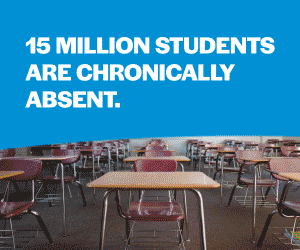

Recommendations for schools and district leaders from the report include:
- Prioritize relationships: Strong relationships between students, teachers, and families significantly improve student outcomes. Successful programs like BARR emphasize the power of communication and connection in education recovery.
- Partner with parents: Effective educator-parent partnerships, with clear and transparent communication about student progress and needs, are essential for helping parents support their children’s learning at home.
- Tear down the walls: Schools need to abandon outdated practices that sort students into rigid categories and instead adopt flexible systems that address individual needs. Students should receive both academic instruction and necessary services without having to choose between them.
- Implement proven strategies: Tutoring and small-group instruction must be integrated into the regular school schedule to ensure that all students, especially those most in need, can access these powerful, evidence-based supports without stigma.
- Plan for after graduation: Students need early exposure to diverse postsecondary and career options, including apprenticeships and dual enrollment, to prepare for life after high school and reduce barriers to higher education.
- Enlist all the help possible: Achieving comprehensive educational reform requires support from state leaders, advocates, and philanthropists to alleviate teacher burnout and ensure students receive individualized support and guidance for both academic and postsecondary success.


























